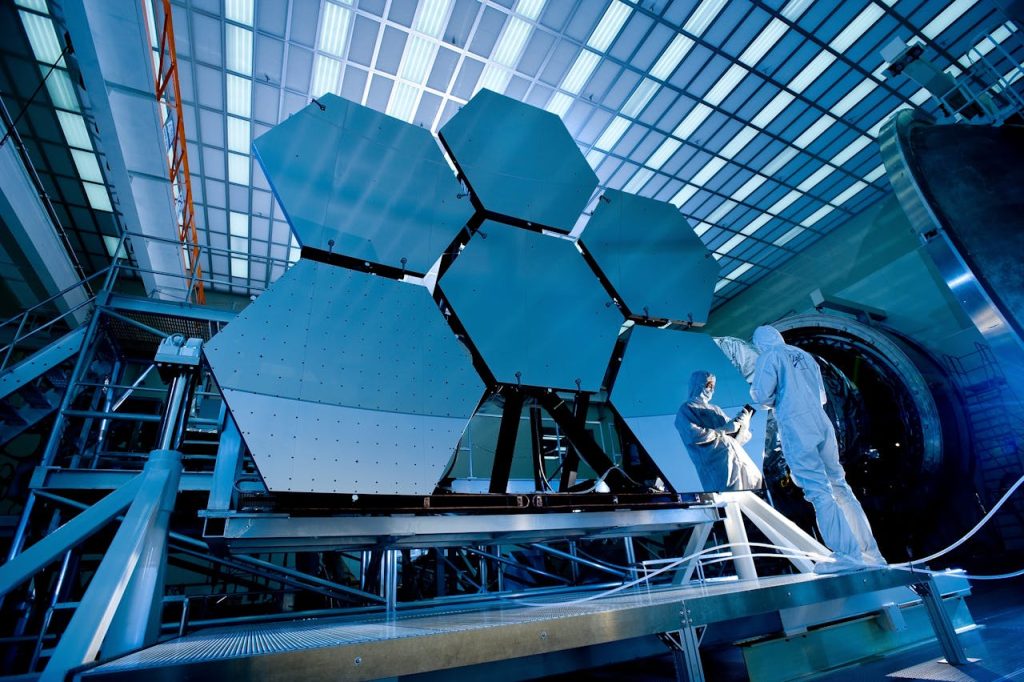There is no doubt that collaborative robots – otherwise called cobots – are transforming the manufacturing industry in very unprecedented ways. In fact, cobots are slightly different from industrial robots, as they are specifically designed to work alongside human employees, instead of fully replacing them. As such, compared to their industrial counterparts, they are a lot smaller, lighter, and more flexible than traditional robots. In addition, they can be programmed and reprogrammed to perform a wide range of tasks, instead of just repeating one task over and over. Below, we have listed and explained a few other ways in which cobots are now revolutionizing the manufacturing industry. So, if you are interested in this topic, be sure to read and learn more!
Increased efficiency
One great benefit of cobots is their increased efficiency in working. This is because cobots are capable of performing very repetitive and labor-intensive tasks with a fair amount of speed and precision. In fact, they are designed to work 24/7 without the need for any breaks in between which means they can complete any task much faster than any human employee could. This increased efficiency can therefore be translated into lower costs for manufacturers, as fewer resources are needed to actually produce the goods. After all, a company no longer needs to hire a lot of human workers if a cobot can do the job faster and better than they ever could!
Increased flexibility
Cobots are also designed to be very easily programmable, even for those who do not have a computer science or engineering degree. Unlike most industrial robots, which may need days or even weeks to get them up and running, cobots are incredibly flexible. This means they can be reprogrammed to perform a variety of different tasks. This kind of increased flexibility is fantastic for manufacturers looking to produce a variety of different products. So, instead of needing to purchase multiple machines to do different asks, manufacturers can simply just reprogram their cobots to perform different tasks as required.
Additionally, because of their increased flexibility, cobots can be onboarded similarly to a temporary employee. For instance, if a manufacturer finds that they need to do extra production runs, then they can just simply reprogram a cobot to do the job that is needed right now, instead of hiring a temporary human employee. This not only saves time, but it also saves on costs too!
Improved safety
As stated previously, cobots are designed mainly to work alongside humans, which means they are mainly equipped with certain sensors and safety features that ensure the safety of human workers around them. Unlike traditional robots, which need to be put in safety cages to ensure employee safety, cobots can use their built-in sensors to detect things going on in their environment. As such, they can sense the presence of humans nearby and adjust their behavior to match. For example, if a human enters the cobot’s workspace or bumps into it accidentally, instead of just going about its daily task, the cobot will either slow down or shut down into safe mode until the person has moved out of the way. This helps to reduce the injuries and accidents that may happen in the workspace.
Lower costs
Cobots tend to be less expensive when compared to their traditional industrial counterparts, so this makes them a lot more cheaper and accessible to other small and medium-sized companies. This is because these robots require a lot less space and infrastructure, which means most manufacturers can save money on overhead costs. Additionally, cobots can be easily reprogrammed, as stated above, so that manufacturers can quickly adapt to changes in customer demand without having to onboard a temporary new employee or purchase a piece of new equipment.
Improved quality
On the whole, cobots are capable of performing tasks with a high degree of accuracy and precision. This means that the quality of the final product is of a high and consistent standard. This is not the case for human employees, who may be prone to making errors, especially if the task is monotonous and repetitive. Overall, cobots are a lot less prone to errors and mistakes when compared with humans, so this in turn reduces the likelihood of defects and product recalls happening. Meaning less wastage in the long run for the company! In fact, some cobots can be outfitted with new technology such as cameras and sensors, so they can automatically tell when and where a product has blemishes, scratches, and the like. So, cobots can now be used to check for any defects, meaning fewer damaged items making their way to customers.

